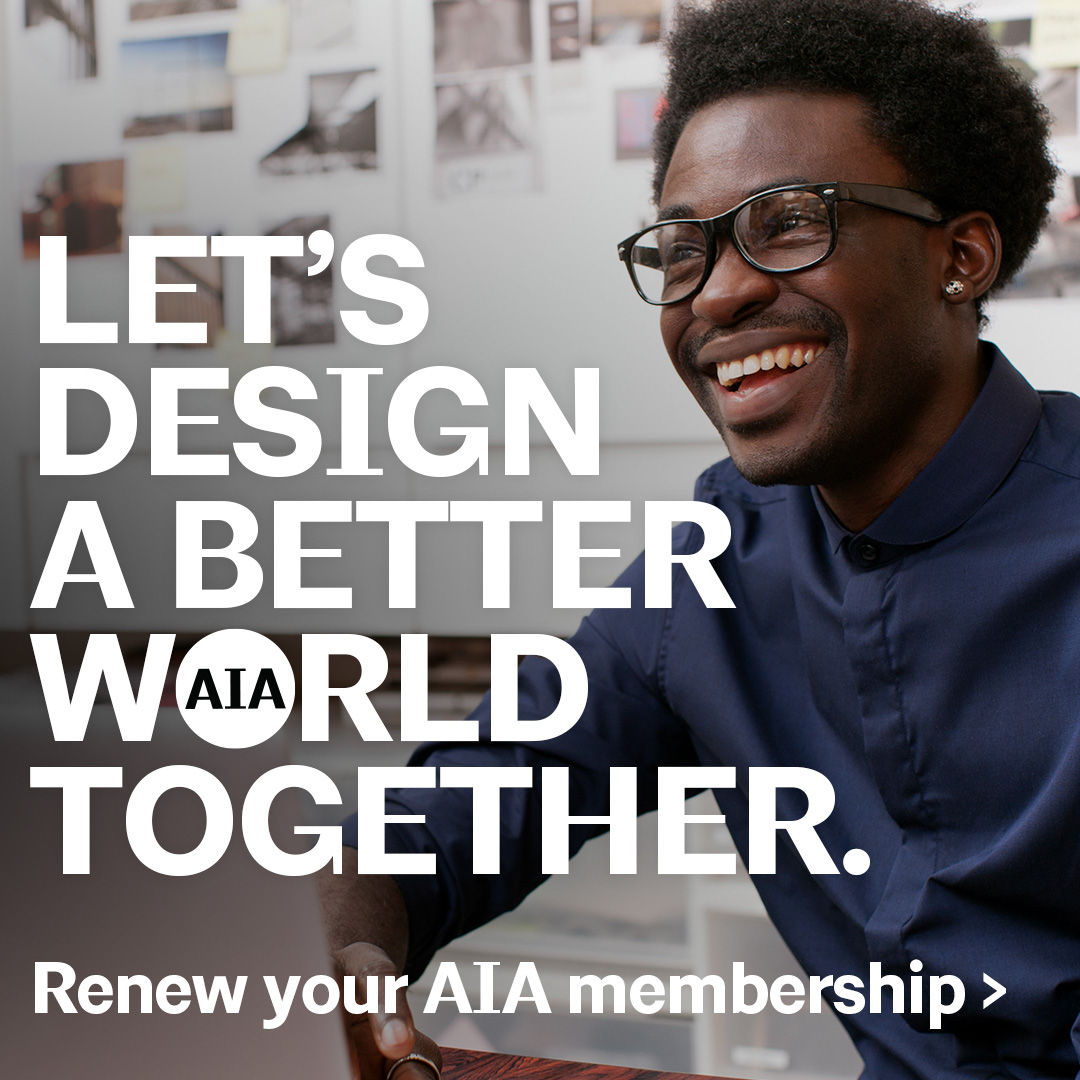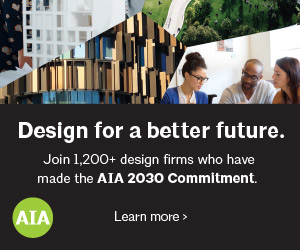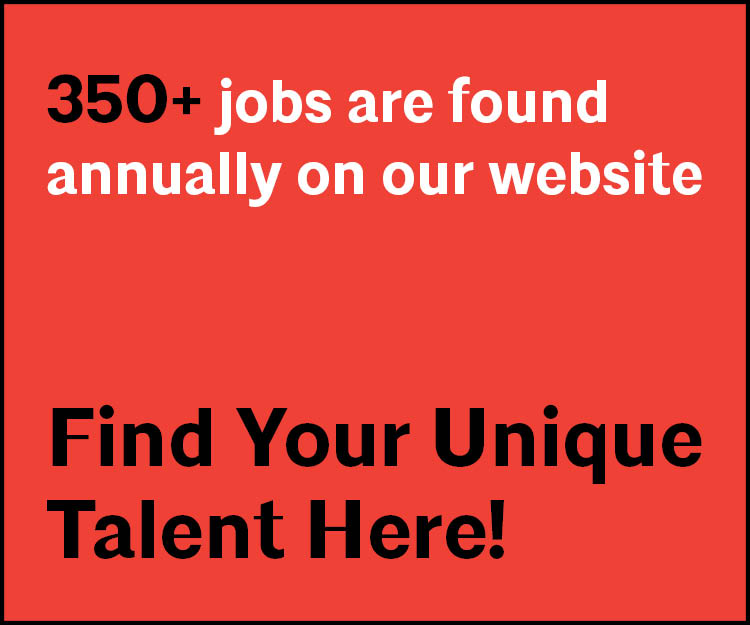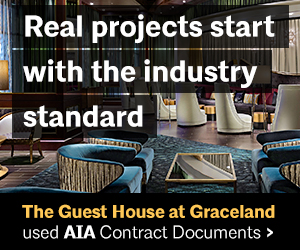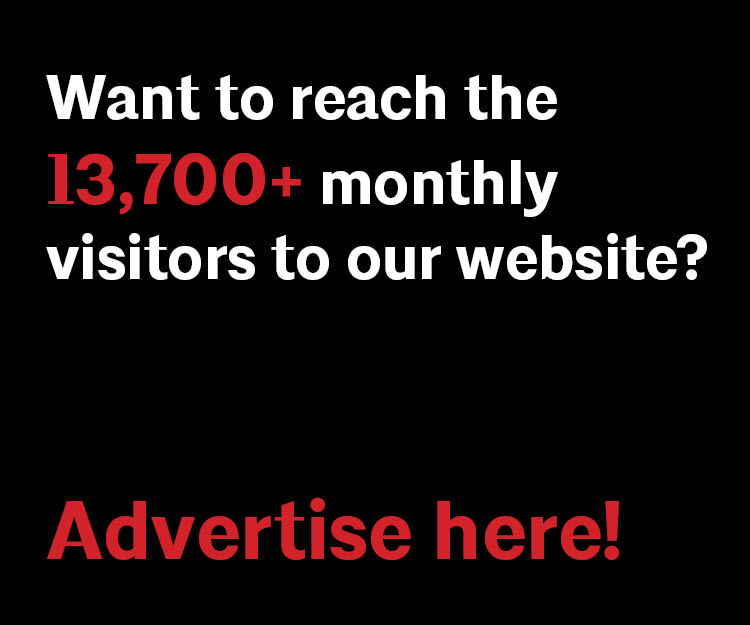
Action Now: Accelerating Pathways to Decarbonization
For many years, our focus as a professional association has been on reducing or eliminating operating carbon from new buildings. But the significant scale and urgent timeframe of our climate crisis demand interventions that are broad and immediate, and that recognize decarbonization is directly correlated to health, safety, and equity in our communities.
Considering: 1) Reducing embodied carbon in new construction, including the construction process; 2) Electrification of buildings; and 3) Retrofitting existing buildings, this year’s thought leadership summit will explore high-impact actions in policy and practice that make actionable differences in atmospheric carbon over the next five years.
What are the data-driven interventions that will pay the highest dividends immediately, and what will position us to stay on the path to 2030 targets and net-zero 2050? What are the regulatory and financial frameworks necessary to support this scale and urgency?
WEBINAR RECORDINGS
You can view and share all the recorded webinars, links below:
- Power Switch: Equity, Policy & Practice (Keynote)
- Embodied Carbon: The New Frontier
- Electrification of Buildings: Design for Decarbonization
- Retrofitting: What About Existing Building Stock?
Please note: Live webinar attendees were eligible for AIA CEUs. At this time, AIA is not offering continuing education credit for viewing the recorded sessions.
WEBINAR SCHEDULE + REGISTRATIONS
Four (4) live Zoom webinars will take place on Tuesday, April 21, 2020 between 8:30AM – 5:00 PM Pacific Time.
Join us online to learn from thought leaders and identify immediate actions we can take to accelerate decarbonization in the built environment. Click below for the full program schedule and speaker bios!
Regarding continuing education credits and certificates, please note:
- Participants in the LIVE webinars (up to 500 per session) are eligible to receive AIA continuing education credits, submitted by AIA Seattle within 4 weeks of the event date.
- Participants interested in the full day summit (all four webinar sessions) must still register for each webinar session individually.
- AIA Seattle will not submit continuing education credits for later viewings of any recorded webinars (though recordings of the webinars will be made available after the live event).
- A “Certificate of Completion” for non-members will only be provided upon request.
- Please direct all registration and credit questions to Zoe Guckenheimer.
Registration deadline: 12PM, April 20, 2020. All sessions and speakers subject to change.
8:30am | POWER SWITCH: EQUITY, POLICY & PRACTICE
April 21, 8:30-10:30AM PT | Keynote Presentations + Discussion (2 LU HSW)
- Sudha Nandagopal | CEO, Social Venture Partners International
- Panama Bartholomy | Director, Building Decarbonization Coalition
- Vincent Martinez | COO, Architecture 2030
Registration for the live webinars has closed.
Sudha Nandagopal, CEO, Social Venture Partners  International | Sudha Nandagopal is connector, organizer, network facilitator, strategist, and movement builder focused on democratizing systems of power and shifting power outward to those most affected by injustice. Sudha has worked in and with government, labor, national and international organizations, and serves as a consultant on racial equity and organizational strategy to foundations, campaigns, and other agencies. Most recently, she co-created and led the first-of-its kind City of Seattle’s Equity & Environment Initiative. Sudha joined SVP International as CEO in February 2019.
International | Sudha Nandagopal is connector, organizer, network facilitator, strategist, and movement builder focused on democratizing systems of power and shifting power outward to those most affected by injustice. Sudha has worked in and with government, labor, national and international organizations, and serves as a consultant on racial equity and organizational strategy to foundations, campaigns, and other agencies. Most recently, she co-created and led the first-of-its kind City of Seattle’s Equity & Environment Initiative. Sudha joined SVP International as CEO in February 2019.
 Panama Bartholomy, Director, Building Decarbonization Coalition | Panama Bartholomy is the Director of the Building Decarbonization Coalition, a multi-sector forum advocating for and creating solutions for our pollution-intensive building stock. He has worked on climate solutions in over 30-countries, presented at and collaborated on products from the United Nations, the International Energy Agency and the European Commission. Panama has served as Deputy Director of the California Energy Commission’s Efficiency and Renewables Division and advisor for Chairwomen Douglas and Pfannenstiel. He has worked for the California Conservation Corps on vocational environmental education, and ran the Sustainable Schools program for the Division of the State Architect.
Panama Bartholomy, Director, Building Decarbonization Coalition | Panama Bartholomy is the Director of the Building Decarbonization Coalition, a multi-sector forum advocating for and creating solutions for our pollution-intensive building stock. He has worked on climate solutions in over 30-countries, presented at and collaborated on products from the United Nations, the International Energy Agency and the European Commission. Panama has served as Deputy Director of the California Energy Commission’s Efficiency and Renewables Division and advisor for Chairwomen Douglas and Pfannenstiel. He has worked for the California Conservation Corps on vocational environmental education, and ran the Sustainable Schools program for the Division of the State Architect.

Vincent Martinez, Chief Operating Officer, Architecture 2030 | Vincent Martinez is Chief Operating Officer of Architecture 2030, where he has developed robust networks focused on private sector commitments, education and training. Vincent executes Architecture 2030’s goals by coordinating their exceptional staff on strategic, impactful projects and programs. He also helps set the organization’s vision and currently leads Architecture 2030’s work on urban zero-net-carbon buildings, including the ZERO Code, Achieving Zero framework, and Zero Cities Project with 11 leading US cities.
11:00am | EMBODIED CARBON: THE NEW FRONTIER
April 21, 11:00AM – 12:30PM PT | Presentations + Panel Discussion (1.5 LU HSW)
- Moderator: Kate Simonen, AIA, SE | Founding Director, Carbon Leadership Forum
- Landry Watson | Executive Director, Sustainability, Alexandria Real Estate Equities
- Kjell Anderson, AIA, LEED Fellow | Director of Sustainable Design, LMN
- Keith Lindemulder | Environmental Business Development Manager, Nucor Corporation
- Jordan Palmeri | Environmental Scientist and Policy Advisor, Portland, Oregon
Registration for the live webinars has closed.
 Kate Simonen, AIA, SE, Founding Director, Carbon Leadership Forum (CLF) | A convener, author and teacher, Kate authored the Life Cycle Assessment pocket handbook and the LCA Practice Guide and is co-chair of the Embodied Carbon Network – a global, open-access communications and action network. She has recently accepted the position of chair of the Department of Architecture and will start her role in Fall 2020.
Kate Simonen, AIA, SE, Founding Director, Carbon Leadership Forum (CLF) | A convener, author and teacher, Kate authored the Life Cycle Assessment pocket handbook and the LCA Practice Guide and is co-chair of the Embodied Carbon Network – a global, open-access communications and action network. She has recently accepted the position of chair of the Department of Architecture and will start her role in Fall 2020.
1:30pm | ELECTRIFICATION OF BUILDINGS: DESIGN FOR DECARBONIZATION
April 21, 1:30 – 3:00PM PT | Panel Discussion + Case Studies (1.5 LU HSW)
- Moderator: Amarpreet Sethi | Principal, tk1sc Engineers
- Jonathan Heller, PE | President, Ecotope
- Chris Hellstern, AIA, LFA, LEED AP BD+C, CDT | Living Building Challenge Services Director, The Miller Hull Partnership
- David Logsdon | Director Electrification & Strategic Technology, Seattle City Light
- Emily Doe, AIA, CPHC, LEED AP | Senior Associate, Weber Thompson
- Hilary Noll, AIA, LEED AP BD+C, Fitwel Ambassador | Senior Associate, Sustainability Integration Leader, Mithun
Registration for the live webinars has closed.
 Amarpreet Sethi, Principal, tk1sc | Amarpreet Sethi is a Principal at the Seattle office and leads the High-Performance Design and Sustainability practice for tk1sc engineering, a west coast Engineering firm. Amarpreet combines her knowledge of climate responsive design, building envelope, visual and thermal comfort, indoor air quality and high performing HVAC systems to give clients a clear understanding of the impact of design strategies and innovative solutions on building performance and user experience. Her passion for Architecture, building science and engineering enable her to assist integrated design teams to deliver holistic high-performing buildings in multiple market sectors. Amarpreet is a published author in journals like ASHRAE, CSE, Daily Journal of Commerce and Workplace Design magazine. She has been performing energy modeling and building performance analysis for the last 18 years. Her work has impacted numerous clients who strive to enhance user experience and environmental stewardship through implementation of passive design and high performing systems.
Amarpreet Sethi, Principal, tk1sc | Amarpreet Sethi is a Principal at the Seattle office and leads the High-Performance Design and Sustainability practice for tk1sc engineering, a west coast Engineering firm. Amarpreet combines her knowledge of climate responsive design, building envelope, visual and thermal comfort, indoor air quality and high performing HVAC systems to give clients a clear understanding of the impact of design strategies and innovative solutions on building performance and user experience. Her passion for Architecture, building science and engineering enable her to assist integrated design teams to deliver holistic high-performing buildings in multiple market sectors. Amarpreet is a published author in journals like ASHRAE, CSE, Daily Journal of Commerce and Workplace Design magazine. She has been performing energy modeling and building performance analysis for the last 18 years. Her work has impacted numerous clients who strive to enhance user experience and environmental stewardship through implementation of passive design and high performing systems.
3:30pm | RETROFITTING: WHAT ABOUT EXISTING BUILDING STOCK?
April 21, 3:30 – 5:00PM PT | Presentations + Panel Discussion (1.5 LU HSW)
- Moderator: Tom Marseille | Managing Principal, Integral Group
- Christopher Meek, FAIA, IES | Associate Professor and Director, Integrated Design Lab, University of Washington
- Sandra Mallory | Sustainable Building Program Manager, Office of Sustainability & Environment, City of Seattle
- Emily Salzberg | Managing Director, Washington State Department of Commerce.
- Jordan Selig | Executive Vice President, Martin Selig Real Estate
Registration for the live webinars has closed.
Tom Marseille, Managing Principal, Integral Group | An award-winning engineer and industry thought leader, Tom’s passion is integrated systems design and the delivery of best-in-class, performance outcomes for building owners and occupants. He brings future ready expertise to clients, including smart building consulting, clean energy strategic planning and innovative next generation district-scale approaches. Tom emphasizes sustainability on all his projects, ultimately fostering solutions that are practical, maintainable, healthy, resilient and resource-responsible. Tom is an author, frequent speaker and facilitator, and currently sits on the AIA Seattle Board of Directors. He was previously a member of the ILFI/Cascadia Board of Directors and City of Seattle Living Building Technical Advisory Group. Tom served as a moderator, presenter and content developer for the AIA+2030 Professional Series and AIA Getting to Zero Professional Series. Formerly, Tom was also a Senior Research Scientist for Pacific Northwest National Laboratories and Director of Technology and Analytic Services for Honeywell’s Building Information Services business.
All sessions and speakers subject to change.
SPECIAL THANKS TO OUR SUMMIT SPONSORS
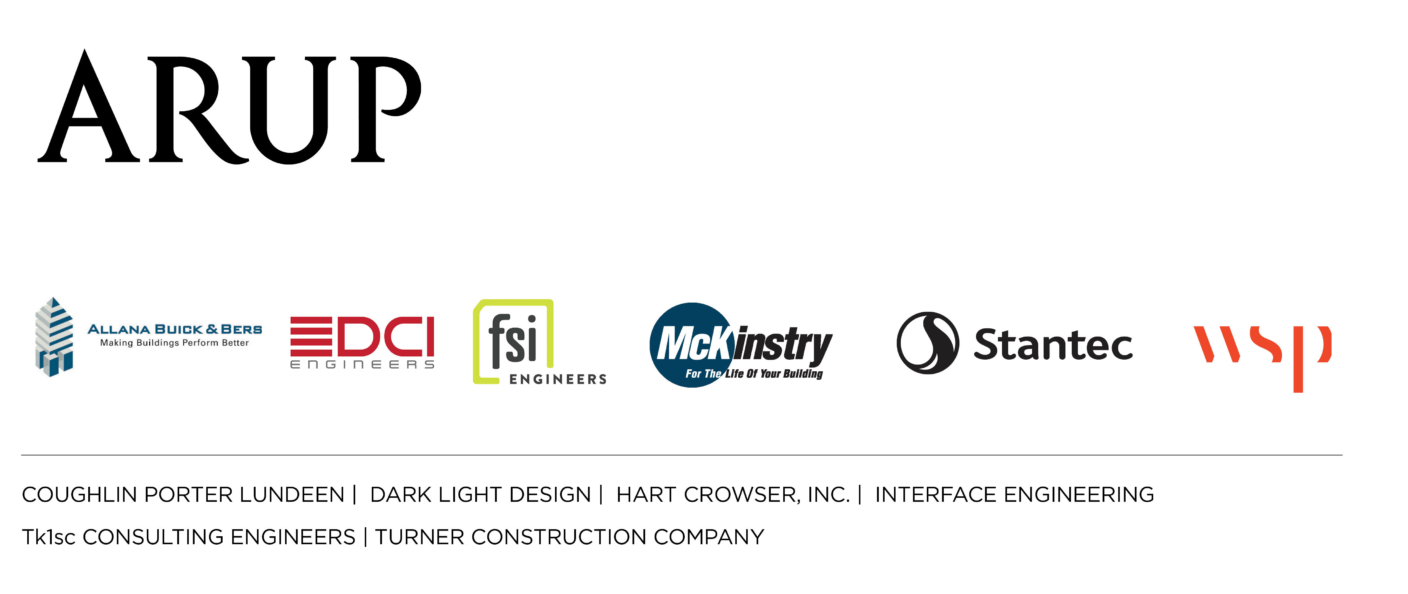
SPECIAL THANKS TO OUR PLANNING TASK FORCE
Chair: Daniel Munn
Sandra Mallory | City of Seattle
Vincent Martinez | Architecture 2030
Tom Marseille | Integral Group
Steve Moddemeyer | Collins Woerman
Kate Simonen | University of Washington
Nicole Winn | Weber Thompson
LEARNING OBJECTIVES
POWER SWITCH: EQUITY, POLICY & PRACTICE (2 LU HSW)
- Describe the measurable co-benefits of decarbonization, which include health, safety, and equity in communities.
- Analyze racial equity, regulatory, and financial frameworks that support architects in achieving 2030 targets and net-zero 2050 commitments.
- Evaluate examples of high-impact policy interventions that make actionable differences in atmospheric carbon produced by the built environment.
- Through storytelling, explore examples of how shifting power structures and strategic network-building advanced the cause of climate justice.
EMBODIED CARBON: THE NEW FRONTIER (1.5 LU HSW)
- Understand the definition of embodied carbon, and recognize the difference between energy modeling and calculating embodied carbon.
- Evaluate local and state policy interventions that make actionable differences in reducing atmospheric carbon from building materials.
- Describe what design professionals can do immediately to reduce embodied carbon and support decarbonization’s co-benefits, including health, safety, and equity in communities.
- Through project examples, identify drivers of change for diverse stakeholders: owners, manufacturers, architects, and policy makers.
ELECTRIFICATION OF BUILDINGS: DESIGN FOR DECARBONIZATION (1.5 LU HSW)
- Through multi-family housing design case studies, explore solutions to building all-electric.
- Describe the measurable co-benefits of electrification as a part of decarbonization, which include greater health, safety, and equity outcomes in communities.
- Evaluate local and state policy interventions that support electrification as a key strategy for reducing atmospheric carbon in the built environment.
- Explore design strategies and available mechanisms that support practitioners dedicated to design for decarbonization.
RETROFITTING: WHAT ABOUT EXISTING BUILDING STOCK? (1.5 LU HSW)
- Understand the relativity of total carbon emissions when discussing deep retrofits as a decarbonization strategy.
- Explore specific technical retrofitting improvements, such as fuel switching, understanding both highest potential impacts and inadvertent challenges.
- Identify a suite of existing local and regional programs and financing mechanisms that support deep retrofits, and identify the challenges and opportunities associated with each.
- Describe the measurable co-benefits of retrofits as a part of 2030 and 2050 targets, which include greater health, safety, and equity outcomes in communities.
Registration or Credit Questions?
Contact Zoe Guckenheimer, Program & Event Coordinator at AIA Seattle
Program Questions?
Contact Cassie Blair, Associate Director, Programs & Impact at AIA Seattle
Sponsorship Questions?
Contact Kristen Lound, Associate Director, Growth & Operations at AIA Seattle
